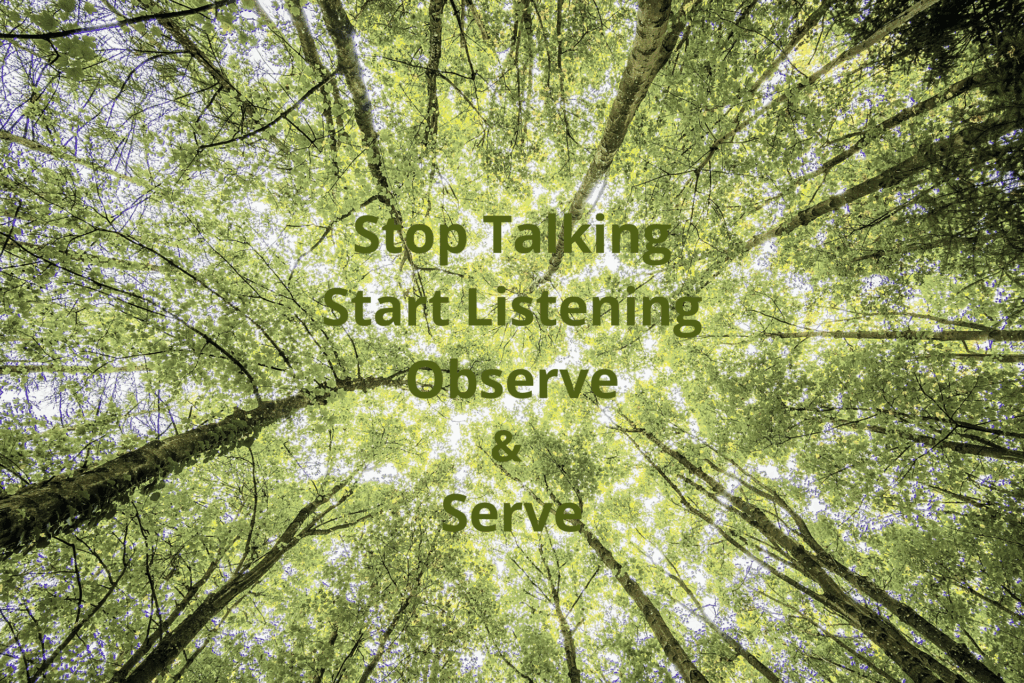Some concert experiences stay with you, not only because of the music but also because of something beyond it. A few weeks ago, my husband and I attended a concert that still echoes within me. Pianist Maria João Pires performed alongside her dear friend and colleague Ignasi Cambra. The hall of the Amsterdam Concertgebouw was well filled, and as so often, it took a while for the murmur of voices to fade and for us to hear the silence — that serene pause that clears the space, making it ready to be filled with musical sound.
It is impressive to realize that Ignasi Cambra is blind. And no less impressive was witnessing how Maria João Pires lovingly and gracefully guided him, enabling him to perform in this unfamiliar setting. She became a bridge between the known and the unknown.
As they descended the challenging staircase of the Concertgebouw together, it almost felt as if the artists were descending from heaven to bring us something divine. Yet on this evening, it was not so much the musical brilliance that touched me most, but rather the quiet service and guidance offered by Maria João Pires.
It was deeply moving to see her walk beside him, sensing the rhythm of his steps, giving him more time where the steps grew wider, and marking the moment when they transitioned towards the center of the stage.
I could picture how they must have rehearsed this entrance: counting the steps, feeling the spaces between them. How must it have been when Cambra first learned to play the piano? Surely that too began with listening, then feeling, and slowly finding his way across the keys and the distances between them.
Together they circled the piano, bowed to the audience at the front, turned, and bowed once more to the audience on the other side. Then they returned to the piano, where she helped him find his stool and settle into the perfect position to begin playing.
As I sat watching, I imagined: if we could touch all the notes ever played in this hall, they would feel like a dense, solid mass. If we could smell the music, the air would be saturated with countless fragrances. If we could taste it, it would be almost too rich to swallow. If we could see it, the space might overflow with pure abundance.
All we can do is empty ourselves, listen, and receive.
The interplay between the two pianists, not only musically but even more profoundly on a human level, touched me deeply that evening.
It made me think of the words quoted by water researcher Veda Austin in an interview with Pam Gregory about her work with nonverbal autistic children and the nature of water.
Through a letter board, the young autists conveyed the following message:
“Stop talking, start listening, observe and serve.”
No other words could more perfectly capture what unfolded that evening between João Pires and Cambra.
